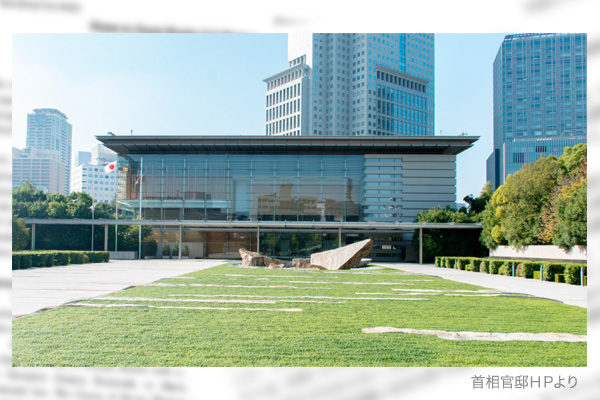The assassination of former Prime Minister Shinzo Abe has prompted Japan to revisit its crisis management as well as its VIP protection arrangements. Japan, set to host an annual summit of the Group of Seven industrial democracies in Hiroshima next May, may fail to restore lost public confidence in security unless its crisis management system is fundamentally reformed.
No NSC meeting convened on Abe assassination
On July 8, after Abe was shot, Prime Minister Fumio Kishida and other cabinet ministers rushed back to Tokyo and gathered at the Prime Minister’s Office. Kishida then met with senior officials of the ruling Liberal Democratic Party and answered questions from the press. But he did not convene an emergency meeting of the National Security Council. This might have been because the government judged the assault as not being an NSC matter on early information that the shooting was done by a lone wolf with no organizational background. Is such judgement advisable? Isn’t it a basic principle of crisis management to deal with such incident without excluding any possibility in order to prevent a chain reaction from occurring?
A government official pointed to a structural problem as well: “The Cabinet Secretariat has the post of deputy chief cabinet secretary for crisis management that controls the Assistant Chief Cabinet Secretary Office. The latest incident is a matter for the Office rather than for the NSC.” As a matter of fact, the published record of the prime minister’s activities does not indicate Kishida’s meeting with Takashi Murata, deputy chief cabinet secretary for crisis management, after the shooting incident. The Prime Minister’s Office has indoor corridors linking rooms, allowing the prime minister to meet with secretariat officials without being recorded. In this case, however, the prime minister had no reason to keep such meeting secret.
VIP protection systems should be renovated
While the NSC at the White House is assigned to taking charge of all crisis management matters, a turf war between government agencies in Japan has resulted in the coexistence of the secretary general of national security secretariat (national security advisor) at the NSC and the deputy chief cabinet secretary for crisis management. The government created the latter post to enhance crisis management in the wake of serious incidents such as the 1995 Tokyo subway sarin gas attack and the subsequent shooting of then National Police Agency Commissioner General Takaji Kunimatsu. But the post of deputy chief cabinet secretary for crisis management has been criticized for not working. As in the United States, crisis management should be integrated into the NSC.
At the same time, Japan should reconsider the present system to leave the protection of the incumbent and former prime ministers and other VIPs to security police from the Tokyo Metropolitan Police Department and prefectural police. It is urgently required to consider a transition to a system in which the central government is more responsible for VIP protection, like the U.S. Secret Service.
Takashi Arimoto is a Planning Committee member at the Japan Institute for National Fundamentals and publisher of Monthly Magazine SEIRON at the Sankei Shimbun newspaper.


